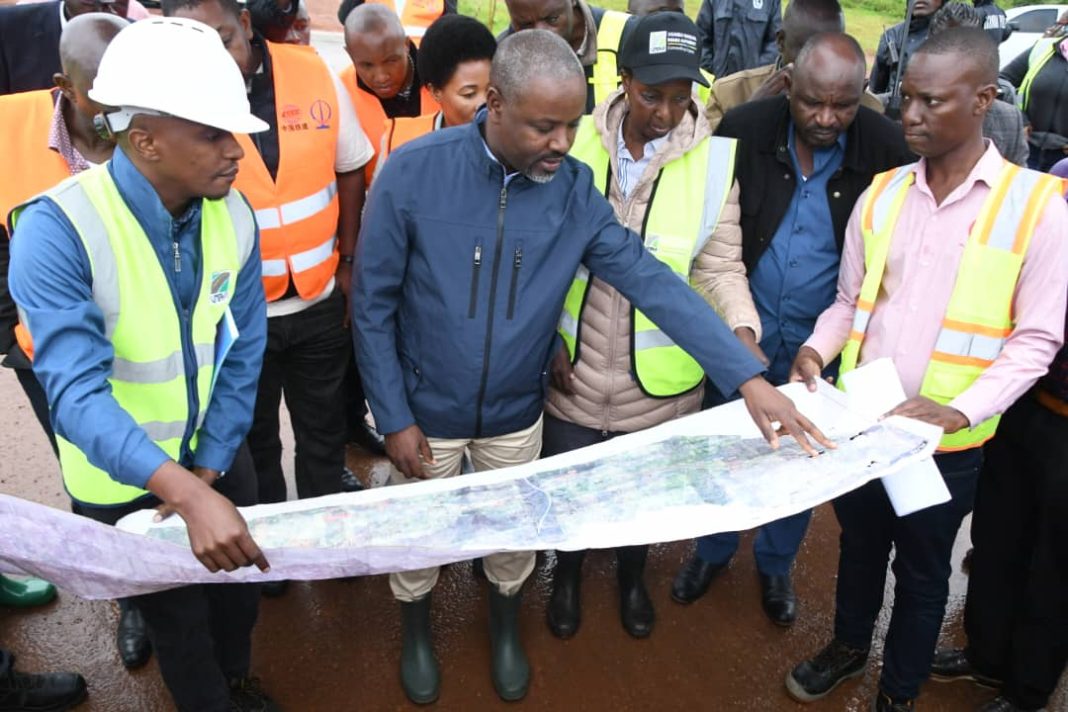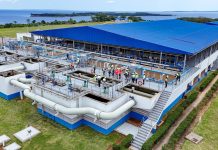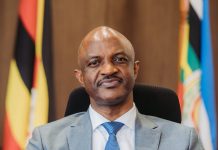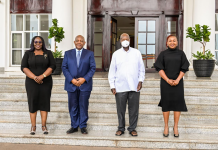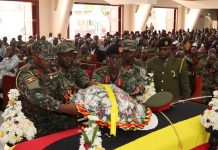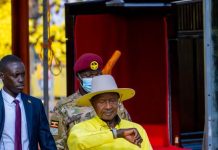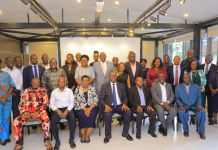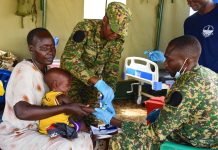Deputy Speaker Thomas Tayebwa has urged the Uganda National Roads Authority (UNRA) to explain the delays in completing the Mpigi-Busega Expressway. Tayebwa, leading a team of legislators, inspected construction sites at Katonga Bridge and the expressway, expressing concern about the slow progress. The 35km project, contracted to China Civil Engineering Construction Corporation, was expected to be completed in 2019. However, delays and deviations from the original plan have caused traffic challenges. Tayebwa emphasized the road’s importance in reducing travel time and warned UNRA that further delays could render the project ineffective.
“We approved the money for Mpigi-Busega Expressway project in June 2016. It was expected to be done in three years. In 2021, it should have been commissioned. We are now in 2023, and we are seeing extremely slow progress,” Tayebwa said during the inspection.
As a result of the delayed completion of the project, locals living along the route are constantly exposed to flooding whenever it rains, according to Mawokota North MP, Hon. Hillary Kiyaga.
“The delay is affecting our people, for example, the drainage system. Whenever they are working, there has to be a drainage system, but it is not yet implemented. So the more they delay, the more effects on the general public and people,” Kiyaga said.
Hon. Dan Kimosho, the Chairperson of the Physical Infrastructure Committee, emphasized the need for the contractors to find nearby sources of raw materials to expedite the process.
“There is an explanation to it, especially because it is going through swamps and takes a lot of time. They get road materials from Kakiri to work on some of these swamps, and they are arguing that it affects their speed. But they are saying within 48 months from now, the road will be complete and functional,” Kimosho said.
UNRA Executive Director, Allen Kagina, explained that the delays in completing the expressway were caused by a combination of geological and technical issues.
“The original alignment was going to affect the railroad. The Kampala-Kasese railroad also passes here, and Ugandans had built a lot on the dry ground, so passing an expressway in these areas was going to affect the settlements. So we shifted onto the edge of the swamp,” Kagina explained.
Earlier, the Deputy Speaker inspected ongoing works at Katonga Bridge, which is under reconstruction. He was impressed by the progress made so far. The bridge, essential for cargo and passenger traffic to the capital and neighboring countries like Rwanda, Tanzania, and the Democratic Republic of Congo (DRC), was washed away by floods earlier this year. UNRA’s director of Roads and Bridges, Eng. Samuel Muhoozi, stated that the steel structure would be complete by Christmas this year.
“We are calling it a temporary bridge because it is not going to stay there permanently. As you have seen, we are just doing guardrails, and even vehicles can pass, but we don’t allow that due to safety measures in place. So within two or three weeks’ time, we shall open this road,” Muhoozi said.
The essence of Tayebwa’s visit was to divert traffic from the old condemned bridge, reopened to light traffic in September but washed away again in May due to floods. The crossing at River Katonga serves as a gateway for cargo trucks and passenger vehicles heading to the capital city and other neighboring countries.


